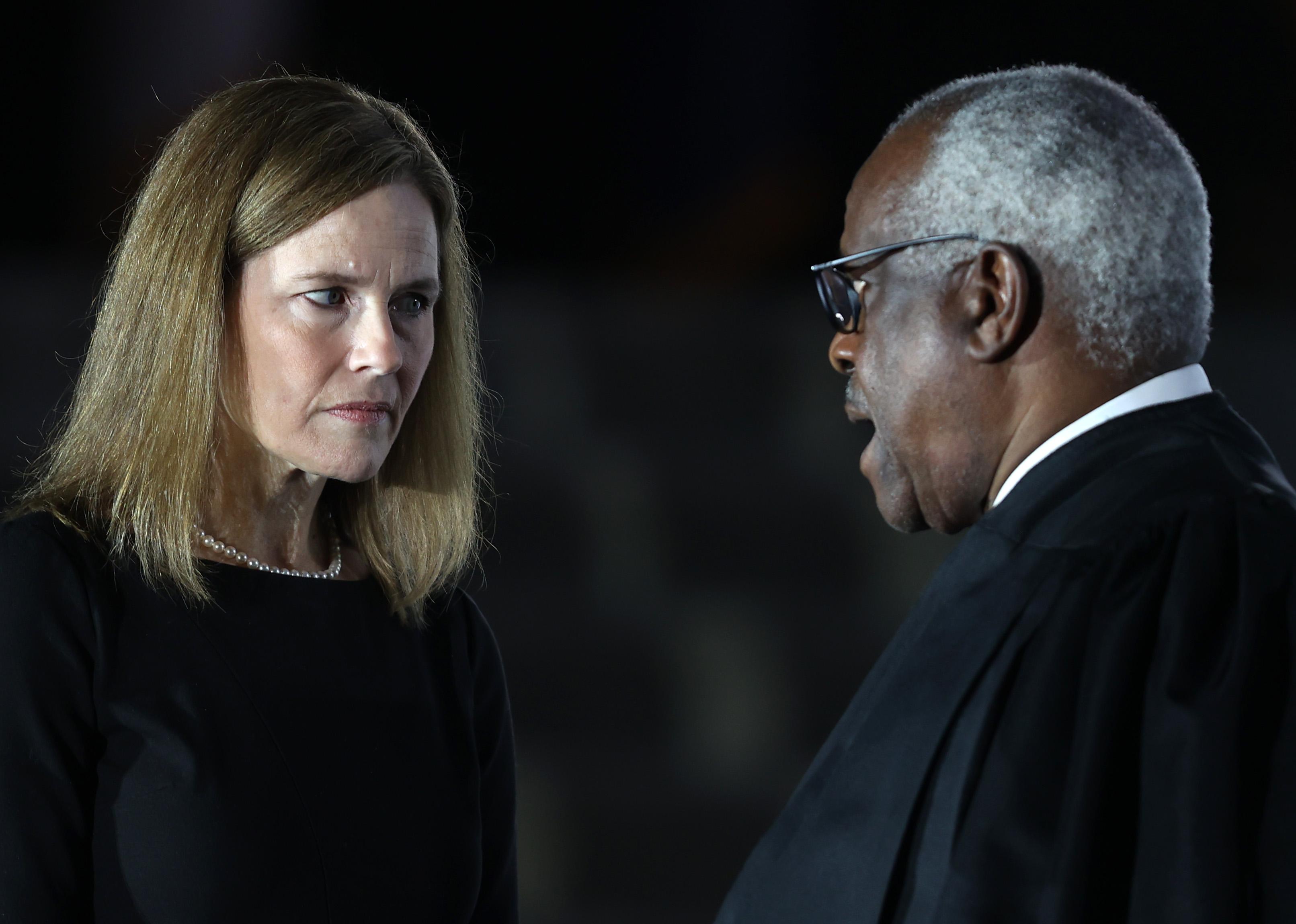
Tuesday’s oral arguments at the Supreme Court should have been a cementing triumph for the late Justice Antonin Scalia. With the ascendance of six conservative justices—including his own former clerk, Amy Coney Barrett—Scalia’s form of textualism seemed poised to become the Supreme Court’s permanent approach to interpreting the law. Instead, in Tuesday’s oral argument, that passing of the torch faltered as his successors embraced an even more radical brand of textualism.
The case in question is relatively sleepy, with no protesting crowds or eager reporters waiting in the wings. Facebook v. Duguid asks whether a 29-year-old law, the Telephone Consumer Protection Act, applies to all telemarketing calls or only governs calls made using technology that was available in 1991 when the law was originally passed. This seemingly small point carries widespread consequences. If Facebook prevails, telemarketers everywhere will be freed from the TCPA’s most effective restrictions, which ban live calls to your cellphone. This means more spam calls (and you thought it was bad already).










